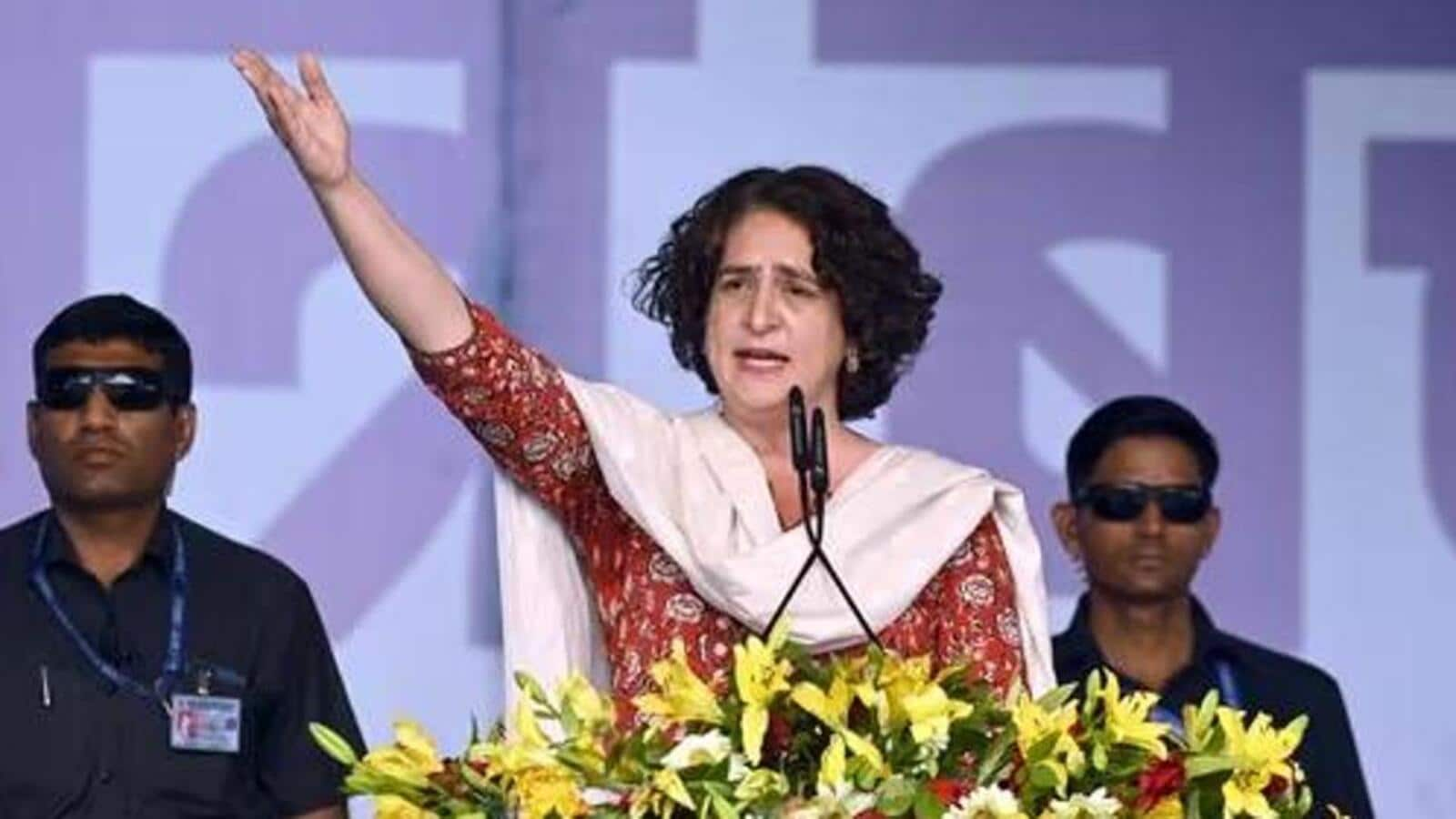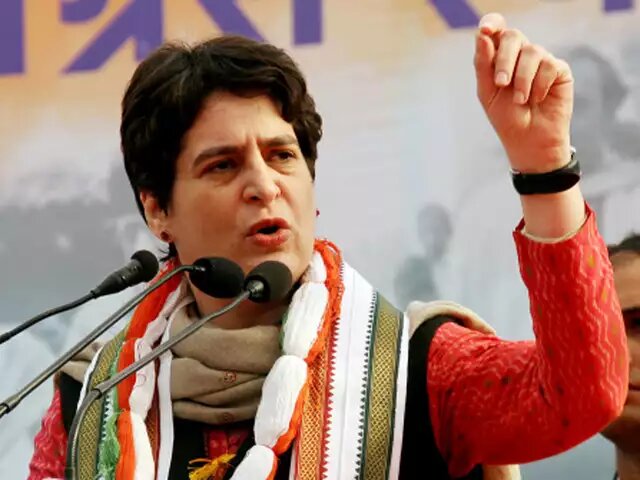In her critique of the Citizenship Amendment Act (CAA), Priyanka Gandhi highlighted its perceived contradiction with the provisions of the Assam Accord. The Assam Accord, signed in 1985, aimed to resolve the longstanding issue of illegal immigration in the state of Assam. It was a result of a six-year-long agitation against illegal migrants, primarily from Bangladesh, and sought to protect the cultural, linguistic, and ethnic identity of the indigenous Assamese people.
One of the key provisions of the Assam Accord was the detection and deportation of illegal immigrants who entered Assam after March 24, 1971, while also providing for the detection and deletion of their names from the electoral rolls. This was to ensure that the demographic balance in the state was not adversely affected by illegal immigration.

Source:- news 18
However, the CAA, passed by the Indian Parliament in December 2019, provides a path to Indian citizenship for illegal immigrants belonging to Hindu, Sikh, Buddhist, Jain, Parsi, and Christian communities from Afghanistan, Bangladesh, and Pakistan, who entered India before December 31, 2014. This selective inclusion of specific religious groups and countries in the CAA has sparked widespread criticism, with many arguing that it undermines the secular fabric of India’s constitution.
Source:- NDTV
Priyanka Gandhi’s assertion that the CAA is against the provisions of the Assam Accord stems from the perceived inconsistency between the two. While the Assam Accord sought to address the issue of illegal immigration without any religious bias, the CAA introduces a religious criterion for granting citizenship, thereby potentially complicating efforts to detect and deport illegal immigrants in Assam and other parts of the country.
Furthermore, critics argue that the CAA, coupled with the proposed National Register of Citizens (NRC), could disproportionately impact marginalized communities, including Muslims, by rendering them stateless if they fail to prove their citizenship. This has led to widespread protests across India, with demands for the repeal of the CAA and the withdrawal of the proposed NRC.
Priyanka Gandhi’s criticism of the CAA in relation to the Assam Accord underscores broader concerns about the implications of the CAA on India’s secular and pluralistic ethos, as well as its potential to exacerbate existing tensions around issues of identity and citizenship.
Share your views in the comments

